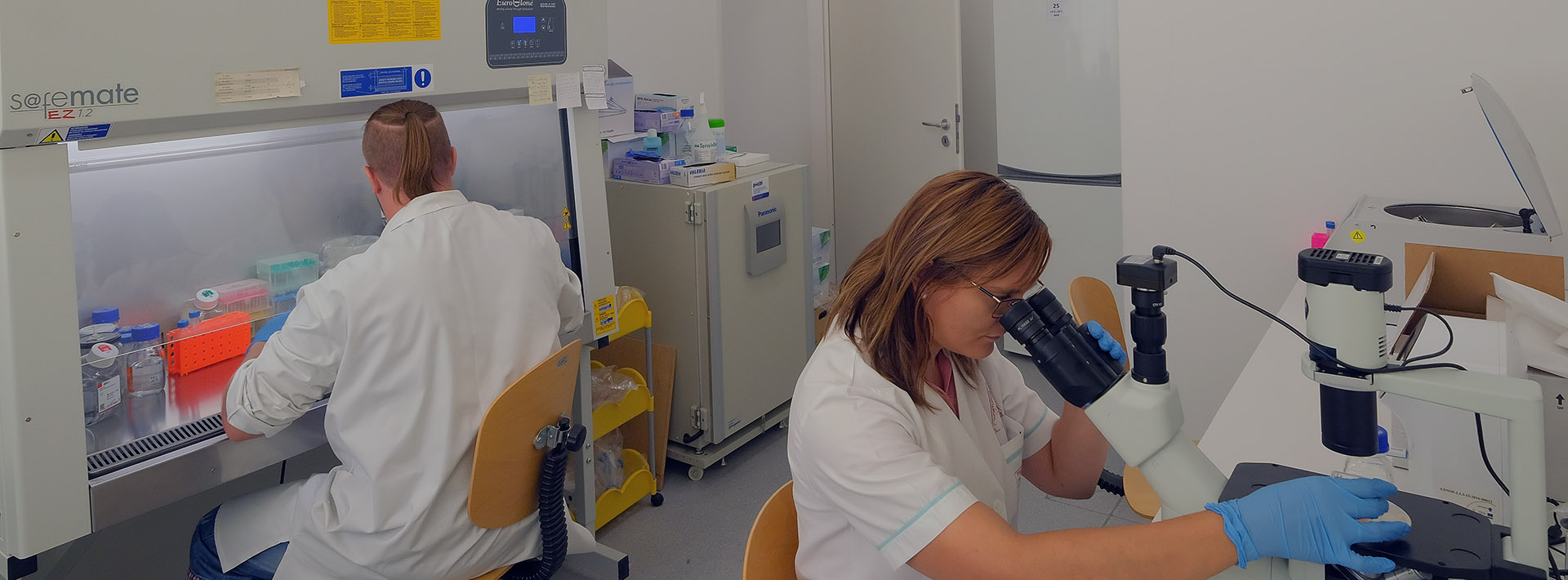Data
Official data in SubjectManager for the following academic year: 2022-2023
Course director
-
Dr. Gábor POZSGAI
associate professor,
Department of Pharmacology and Pharmacotherapy -
Number of hours/semester
lectures: 14 hours
practices: 0 hours
seminars: 28 hours
total of: 42 hours
Subject data
- Code of subject: OSK-GT1-T
- 3 kredit
- Dentistry
- Clinical modul
- autumn
OSP-KO2-T completed , OSP-PA2-T completed
Exam course:yes
Course headcount limitations
min. 2 – max. 30
Topic
The general aim of the subject is to provide the dentistry students with all the basic information in pharmacology necessary to understand the actions of drugs and the clinical pharmacotherapy. Pharmacology can be defined as the study of the manner in which the function of living systems is affected by chemical agents. Therefore, the students should be familiar with the basic knowledge of the physiological, pathophysiological and biochemical background of the pharmacological and therapeutic approaches. On the other hand, drug therapy is closely related to the clinical aspects of diseases.
The following topics will be dealt with. Definitions, prescription writing, drug development, drug formulations. General aspects of mechanisms of drug actions: characterization of drug-receptor interactions, mechanisms of drug antagonism, signal transduction mechanisms of drug receptors. General and quantitative aspects of pharmacokinetics: absorption, distribution and elimination of drugs. Pharmacology of the autonomic nervous system. Local anaesthetics.
Cardiovascular pharmacology: drugs used to treat congestive heart failure, antianginal, antiarrhythmic, antihypertensive drugs, diuretics, calcium channel blockers, drugs acting on the renin-angiotensin-aldosterone system. Drugs affecting haemostasis, haematopoesis and hyperlipoproteinaemias. Pharmacology of histamine, serotonin. Principles of immunopharmacology.
Lectures
- 1. Introduction to the pharmacology of the autonomic nervous - Dr. Tamasikné Dr. Helyes Zsuzsanna
- 2. Cholinergic agonists, cholinesterase inhibitors - Dr. Tamasikné Dr. Helyes Zsuzsanna
- 3. Muscarine receptor antagonists - Dr. Tamasikné Dr. Helyes Zsuzsanna
- 4. Peripheral muscle relaxants - Dr. Tamasikné Dr. Helyes Zsuzsanna
- 5. Drugs acting on synthesis, storage, release and elimination of catecholamines - Dr. Tamasikné Dr. Helyes Zsuzsanna
- 6. Adrenergic receptor agonists - Dr. Tamasikné Dr. Helyes Zsuzsanna
- 7. Adrenergic receptor antagonists - Dr. Sánticsné Dr. Pintér Erika
- 8. Sulfonamides, trimethoprim. Fluoroquinolones - Dr. Tamasikné Dr. Helyes Zsuzsanna
- 9. Beta lactam antibiotics I - Dr. Sánticsné Dr. Pintér Erika
- 10. Beta lactam antibiotics II. Glycopeptide antibiotics - Dr. Sánticsné Dr. Pintér Erika
- 11. Tetracyclines, chloramphenicol, linezolid, clindamycin, metronidazole - Dr. Tamasikné Dr. Helyes Zsuzsanna
- 12. Aminoglycosides. Macrolides - Dr. Tamasikné Dr. Helyes Zsuzsanna
- 13. Anticancer drugs I - Dr. Sánticsné Dr. Pintér Erika
- 14. Anticancer drugs II - Dr. Sánticsné Dr. Pintér Erika
Practices
Seminars
- 1. Introduction to pharmacology
- 2. Drug development
- 3. Basic mechanisms of drug effects. Characteristics of the agonist-receptor interaction I
- 4. Characteristics of the agonist-receptor interaction II
- 5. Signal transduction. Tachyphylaxis and tolerance
- 6. Antagonism
- 7. Consultation on pharmacodynamics
- 8. Absorption and distribution
- 9. Biotransformation and excretion
- 10. Quantitative pharmacokinetics
- 11. Consultation on pharmacokinetics
- 12. Histamine and histamine receptor antagonists
- 13. Serotonin, 5-HT receptor agonists and antagonists I
- 14. Serotonin, 5-HT receptor agonists and antagonists II
- 15. Consultation on the pharmacology of the autonomous nervous system
- 16. Eicosanoids I
- 17. Eicosanoids II
- 18. Drugs acting on smooth muscle
- 19. Local anaesthetics I
- 20. Local anaesthetics II
- 21. Antituberculotics. Treatment of leprosy
- 22. Antifungal drugs
- 23. Antiviral drugs I
- 24. Antiviral drugs II
- 25. Antiseptics and disinfectants
- 26. Consultation on antimicrobial chemotherapy
- 27. Cytotoxic and embryotoxic adverse effects of drugs. Drug allergy
- 28. Drug interactions
Reading material
Obligatory literature
Rang, Dale,B. Ritter, Moore: Pharmacology, 8th edition, Elsevier Churchill Livingstone, 2015.
G. Katzung (ed.): Basic and Clinical Pharmacology, 12th edition, Lange Medical Books/McGraw-Hill, 2012.
Literature developed by the Department
Intranet. Department of Pharmacology and Pharmacotherapy. Educational materials.
MeetStreet
Notes
Recommended literature
Conditions for acceptance of the semester
For the semester to be accepted total absence should be less than 3 lectures or 6 seminars. Exceeding the absence limit of either lectures or seminars results in the semester not being accepted.
Mid-term exams
There is no mid-term exam.
Making up for missed classes
Not possible
Exam topics/questions
1. Drug development
2. Basic mechanisms of drug effects
3. Characteristics of the agonist-receptor interaction
4. Signal transduction
5. Tachyphylaxis and tolerance. Antagonism
6. Absorption
7. Distribution
8. Biotransformation
9. Excretion
10. Quantitative pharmacokinetics
11. Cholinergic agonists. Cholinesterase inhibitors
12. Muscarine receptor antagonists
13. Peripheral muscle relaxants
14. Drugs acting on the synthesis, storage, release and elimination of catecholamines
15. Adrenergic receptor agonists
16. Adrenergic receptor antagonists
17. Histamine and histamine receptor antagonists
18. Serotonin, 5-HT receptor agonists and antagonists
19. Eicosanoids
20. Drugs influencing smooth muscles
21. Local anaesthetics
22. Sulfonamides, trimethoprim. Fluoroquinolones
23. β-lactam antibiotics. Glycopeptide antibiotics
24. Tetracyclines, chloramphenicol, linezolid, clindamycin, metronidazole
25. Aminoglycosides. Macrolides
26. Antituberculotics
27. Antifungal drugs
28. Antiviral drugs
29. Antiseptics and disinfectants
30. Anticancer drugs: alkylating agents, antimetabolites
31. Anticancer drugs: antibiotics, alkaloids, hormones, biological therapy
32. Cytotoxic and embryotoxic adverse effects of drugs. Drug allergy
33. Drug interactions
Examiners
- Dr. Bölcskei Kata
- Dr. Pozsgai Gábor
- Dr. Sánticsné Dr. Pintér Erika
- Dr. Tamasikné Dr. Helyes Zsuzsanna
Instructor / tutor of practices and seminars
- Dr. Bátai István Zoárd
- Dr. Bölcskei Kata
- Dr. Csekő Kata
- Dr. Horváth Ádám István
- Dr. Hunyady Ágnes
- Dr. Pozsgai Gábor
- Dr. Sánticsné Dr. Pintér Erika
- Dr. Tamasikné Dr. Helyes Zsuzsanna
